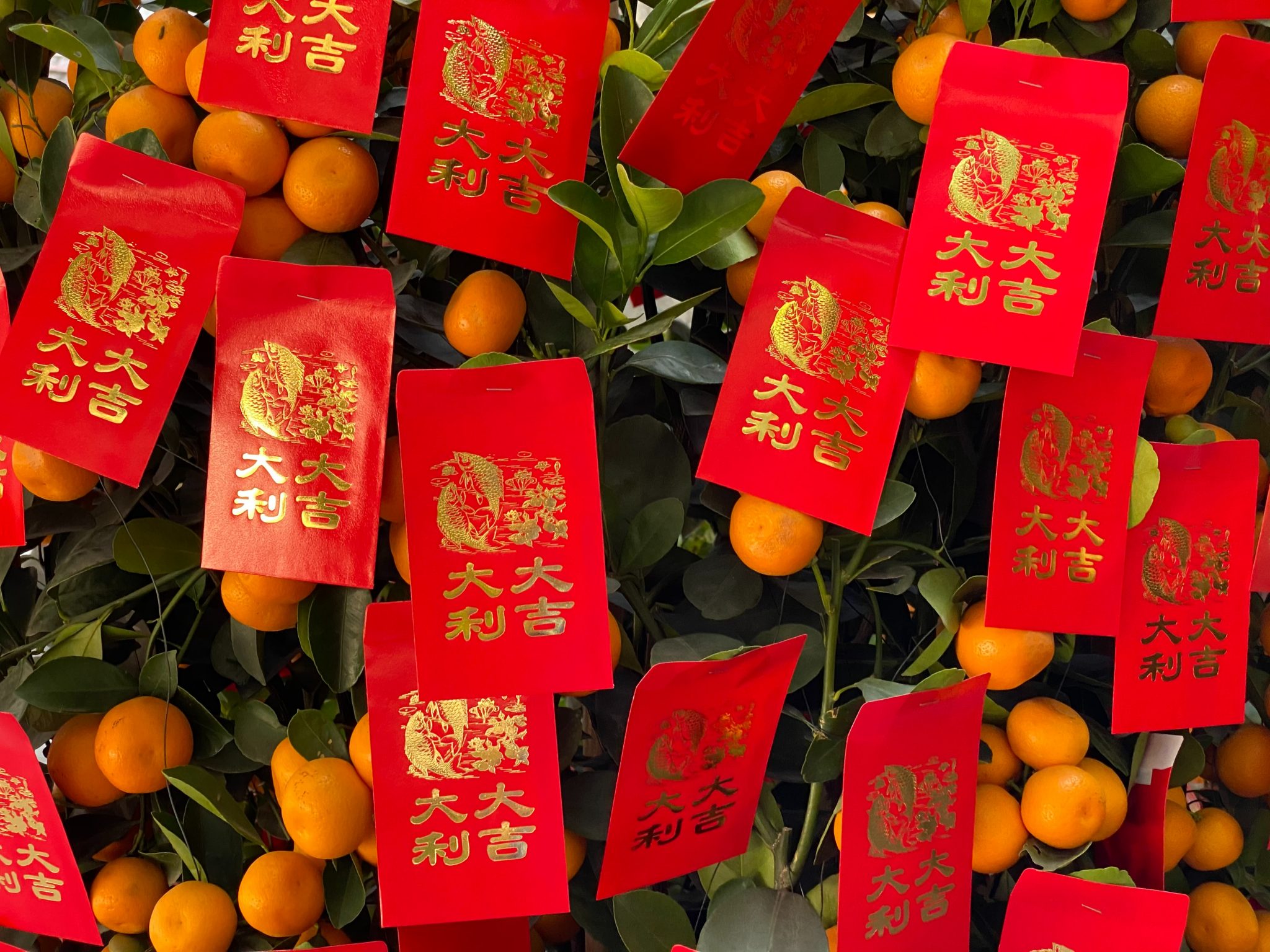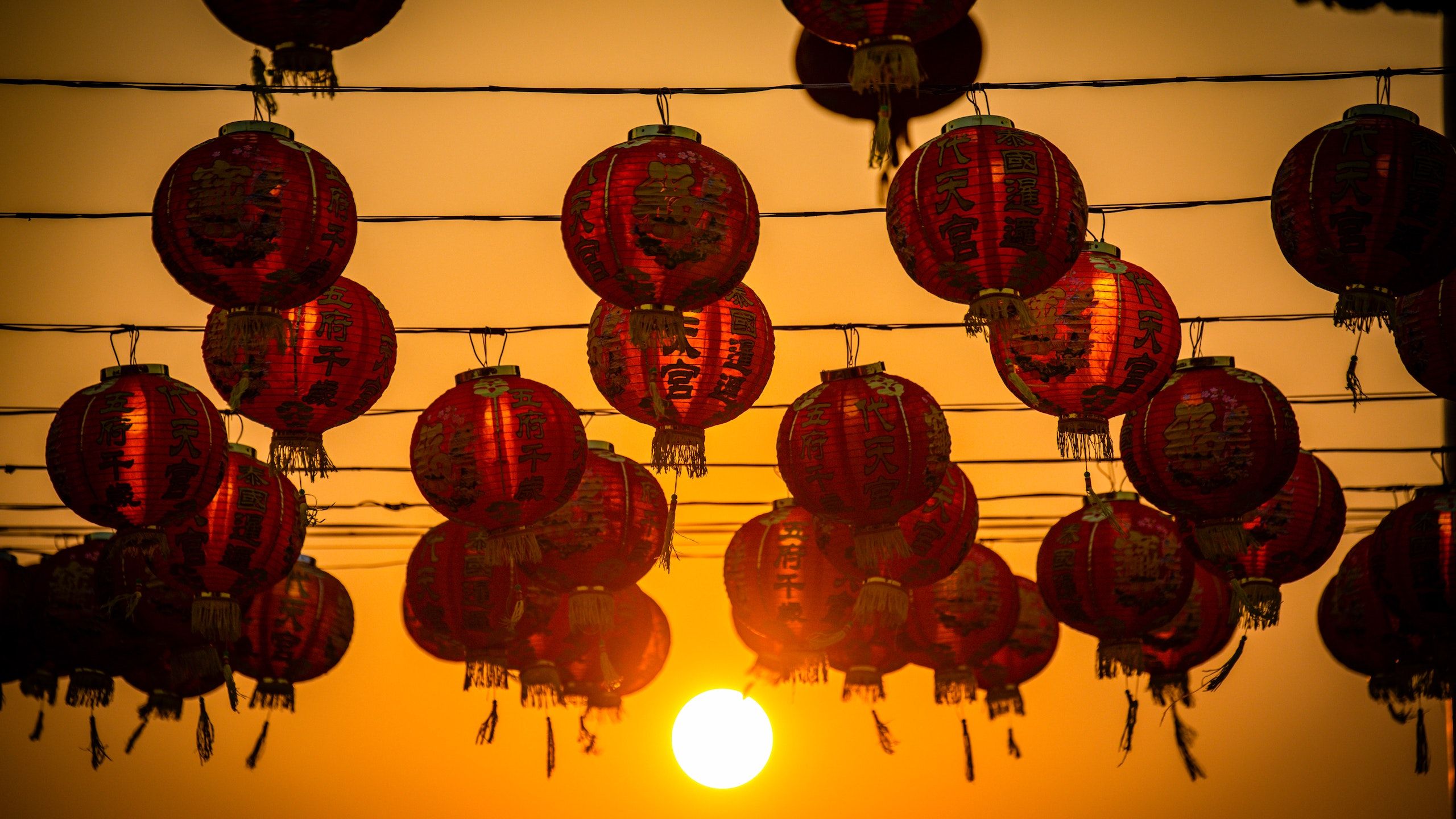New Year's Day 2025: A Comprehensive Examination of Historical, Traditional, and Celebratory Aspects
I. Introduction: Unveiling the Complexities of a New Era
As the world embarks on a new year, New Year's Day 2025 presents a rich tapestry of historical legacies, enduring traditions, and evolving celebratory practices. This essay delves into the complexities of this multifaceted event, critically examining its historical evolution, cultural significance, and the ways in which it brings people together in celebration and reflection.
II. Historical Roots: From Ancient Rituals to Global Celebrations
The origins of New Year's Day can be traced back to ancient civilizations, where the changing of the seasons held profound cultural and religious significance. In ancient Mesopotamia, the Akitu festival marked the new year, celebrated with processions, feasts, and temple rituals. Ancient Egypt also celebrated a new year festival during the Nile's annual flood, a time of renewal and rebirth.
Over centuries, New Year's celebrations evolved and spread globally. In the Roman Empire, the Julian calendar established January 1st as the official start of the new year, a tradition that continues in most countries today. The advent of Christianity shifted some New Year's traditions to Christmas, but the secular celebration of January 1st persisted.
III. Traditional Observances: Cultural Expressions of Hope and Renewal
Around the world, New Year's Day is marked by a diverse array of traditional customs and practices. These observances reflect the unique cultural identities and aspirations of different societies.
In China, the Lunar New Year, also known as Chinese New Year, is the most important holiday of the year. Families gather for feasts, exchange gifts, and decorate their homes with red lanterns and auspicious symbols. The "Spring Festival" period lasts for several weeks, filled with traditional performances, fireworks, and visits to family and friends.
In Japan, the New Year holiday, known as O-Shogatsu, is celebrated with a series of rituals and customs. These include visiting temples to pray for good fortune, eating special foods like osechi-ryori (a collection of festive dishes), and playing traditional games.
IV. Modern Celebrations: Embracing Novelty and Adapting Traditions
While New Year's Day traditions remain deeply rooted in the past, modern celebrations have incorporated new elements and adaptations. In many countries, fireworks displays have become synonymous with New Year's Eve, providing a spectacular visual spectacle that symbolizes the transition into a new era.
Social media has also transformed how people celebrate New Year's Day. Online platforms allow individuals to connect with friends and family far and wide, share celebratory messages, and reflect on the past year's memories and aspirations.
V. Critical Perspectives and Socio-Economic Implications
Despite the widespread popularity of New Year's Day celebrations, critical perspectives raise important questions about their social and economic consequences.
Some argue that the commercialization of New Year's Day has overshadowed its traditional and cultural significance. The pressure to spend money on gifts, parties, and travel can create financial stress for many individuals and families.
Moreover, the environmental impact of New Year's celebrations, particularly the use of fireworks and the production of waste, poses a growing concern. Critics call for more sustainable and environmentally friendly ways to ring in the new year.
VI. Conclusion: A Time of Reflection and Hope
New Year's Day 2025 stands as a complex and multifaceted event, steeped in historical traditions and infused with modern innovations. It is a time for cultural expression, social connections, and personal reflection.
As we enter this new year, it is essential to critically examine the complexities of New Year's celebrations, embracing their cultural significance while also addressing their potential social and economic implications. By understanding the rich history and evolving nature of this event, we can create more meaningful and sustainable ways to welcome the future.
Summer House Drama: Jesse Solomon's Controversial Comment Post Paige-Craig Breakup
Every Miss World Winner: Full List Of Champions From 1951 To 2023
The Legacy Of Miss World: Full List Of Winners From Kiki Håkansson To Karolina Pyszková


:max_bytes(150000):strip_icc()/GettyImages-79646197-5c2ccf8fc9e77c00015db07b.jpg)
:max_bytes(150000):strip_icc()/GettyImages-639699024-5a6f55b2d8fdd50036be4c25.jpg)